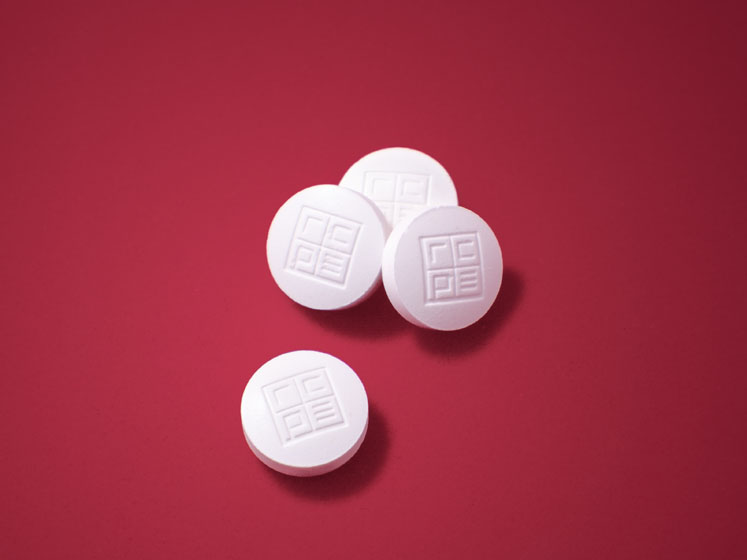The project, worth €536,812, including equipment and in-kind contributions, has received support through the Austrian COMET Program.
The manufacture of pharmaceuticals is tightly regulated to assure patients and healthcare professionals of medicines’ safety, efficacy, and quality. Current quality assurance and control processes rely heavily on in-process control measurements and labour-intensive testing of intermediates and finished products, leading to higher costs and longer cycle times.
In the context of the industry’s migration to continuous manufacturing practices, RTRT is the release of medicine only based on “in-process data”. This could mean that less time-consuming laboratory testing is necessary. In fact, this could lead to more flexible supply chains, streamlined production and, ultimately, better drug quality through enhanced statistical analysis.
The established project consortium addresses essential RTRT implementation gaps for disintegration and dissolution — two crucial indicators of bioavailability and efficacy that are difficult to monitor in-line.
One key innovation is an advanced modelling environment that integrates process, soft and hard sensor measurements (GASMAS, Terahertz, and OCT) to predict dissolution performance non-invasively and comply with regulatory frameworks.

The 36-month project includes two use cases for continuous, direct compaction and pellets coating using fluid bed coating. Experimental work will be conducted at the University of Cambridge, RCPE’s facility in Graz, Austria, and across select Pfizer sites.
The project is part of the European Consortium for Continuous Pharmaceutical Manufacturing (ECCPM). A platform that connects industrial and academic partners to share knowledge and best practices and develop a collective vision on the transformation towards continuous manufacturing.
Prof Dr. Johannes Khinast, Scientific Director and CEO of RCPE, said: “The expertise and capabilities in this consortium are an incredible asset to this exciting project. We are delighted to collaborate with these organisations."
"Developing data-driven, digitalised manufacturing platforms to reduce cost, risk, and advance sustainability in pharmaceutical manufacturing is key for efficient responses to global health challenges and improving medicine supply to patients.”
Gasporox’s CEO, Dr Lewander Xu, comments: “The Gasporox GASMAS technology for porosity assessment is novel, and this consortium with experts from institutes, academia and industry with end-users constitutes an ideal fit to together evaluate the groundbreaking non-destructive technology in-depth to understand its contribution to an efficient real-time testing.”
Dr Don Arnone, CEO of TeraView Limited, states: “TeraView is excited about this project as it helps to move terahertz pulses application into the process environment with the pharmaceutical sector. TeraView is currently seeing interest in its TeraSolve from the Industry and will work closely with the University of Cambridge to develop the technique.”
Prof. Axel Zeitler, Professor of Microstructure Engineering, Department of Chemical Engineering and Biotechnology, University of Cambridge, added: “This project is an exciting opportunity for translating our research into fast and non-destructive sensing of the porosity in tablets to realistic use case scenarios."
"We can systematically challenge and develop our methods and concepts in partnership with industrial end users as well as instrument companies and bring these tools to industrial application.”
